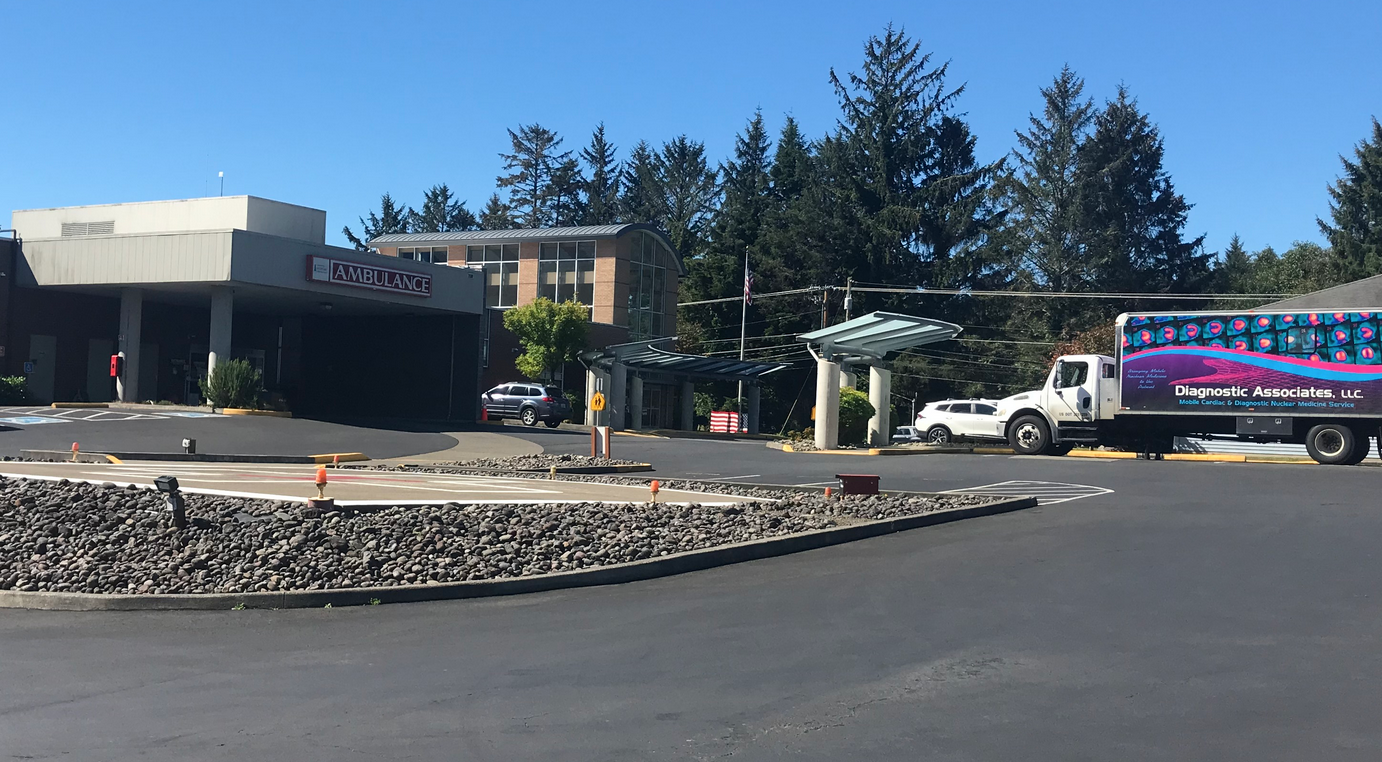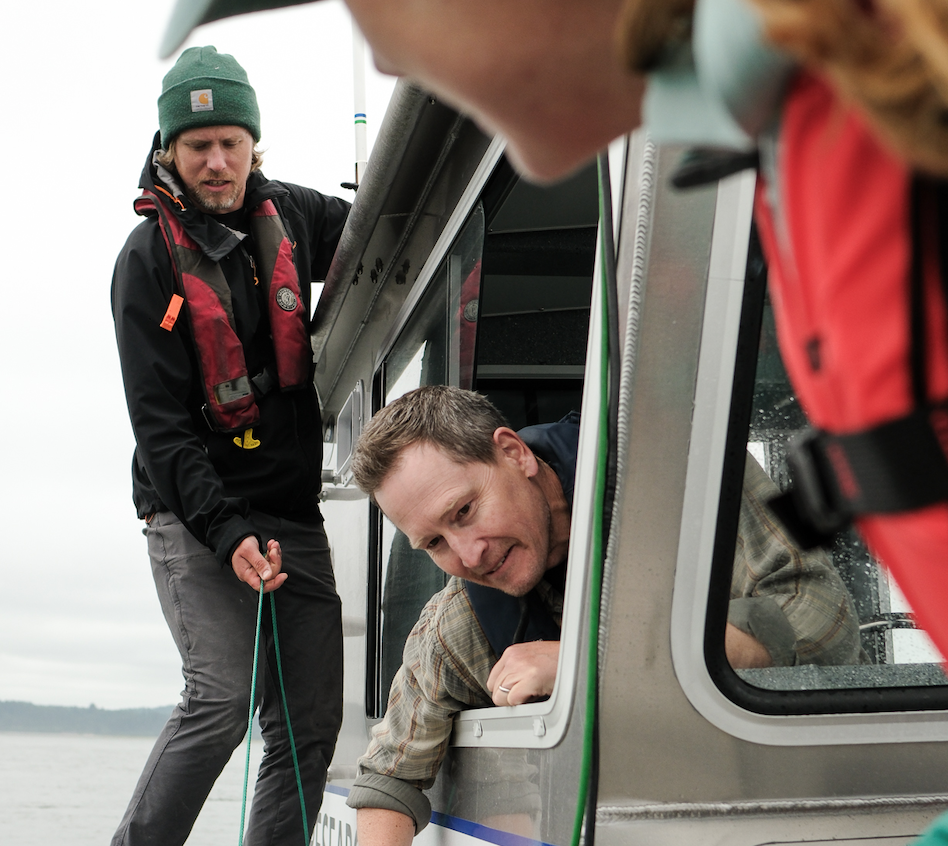Upper Columbia salmon hook $208M
Published 5:15 pm Thursday, September 21, 2023

- Grand Coulee Dam on the Columbia River was built without any way for migrating salmon to get around it.
The Biden administration has agreed to fund a $208 million, 20-year study on reintroducing salmon to the upper Columbia River above Grand Coulee and Chief Joseph dams in northeast Washington.
Trending
Success would mean more salmon for fishermen and for endangered Southern Resident Killer Whales.
Interior Secretary Deb Haaland and tribal leaders signed the agreement at a Sept. 21 ceremony at the Department of Interior in Washington, D.C. The tribes agreed to pause litigation over the fish-blocking dams.
The Bonneville Power Administration will contribute $200 million to the study. BPA Administrator John Hairston said the agreement is a step toward restoring salmon runs while keeping the dams operating.
Trending
“It secures the vital role of the Columbia River system as a reliable, affordable power source for millions in the Northwest,” Hairston said.
Grand Coulee Dam was completed in 1942 and Chief Joseph Dam, 55 miles downriver, was finished in 1955. Neither dam was built with fish passage, blocking salmon from the upper Columbia River Basin. Fishermen based in the Lower Columbia estuary blamed the dams for demise of large upriver Chinook salmon dubbed “June hogs” that could tip the scales at 50 to 80 pounds.
Grand Coulee is the largest power plant in the U.S., according to the Energy Information Administration, and makes enough electricity to serve two Seattles, according to the Northwest Power and Conservation Council.
Kurt Miller, the executive director of the pro-hydropower Northwest River Partners, said the agreement shows the region can have salmon recovery and hydroelectricity.
“I think it’s a really important moment,” he said. “The Biden administration wanted to do something to help salmon. There’s no question this agreement will help salmon.
“It also may make it less likely they feel like they have to recommend dam breaching,” Miller said.
Leaders from the Colville, Coeur d’Alene and Spokane tribes said at the signing ceremony the dams destroyed salmon runs and damaged their tribes. The agreement was a start to fixing a wrong, they said.
“This a chance for us to mend some of the relationships that have been rocky with every agency in this town for nearly a century and a half for my people,” Couer d’Alene tribe vice chairman Hemene James said.
The tribes already are studying reintroducing salmon in the upper Columbia River, looking at habitat, sources of brood stock and risks to existing fish runs.
The agreement signed Sept. 21 will fund the study’s second phase, in which tribes will test methods of passing salmon over dams. The tests will not affect power generation, flood control or irrigation, according to a report by Upper Columbia tribes.
“Phase two will prove out the feasibility of getting the salmon back to where they belong,” Colville tribe chairman Jarred-Michael Erickson said.
The second phase is expected to last until 2042. The third phase would include building permanent fish passages and hatcheries, according to the tribal report.









